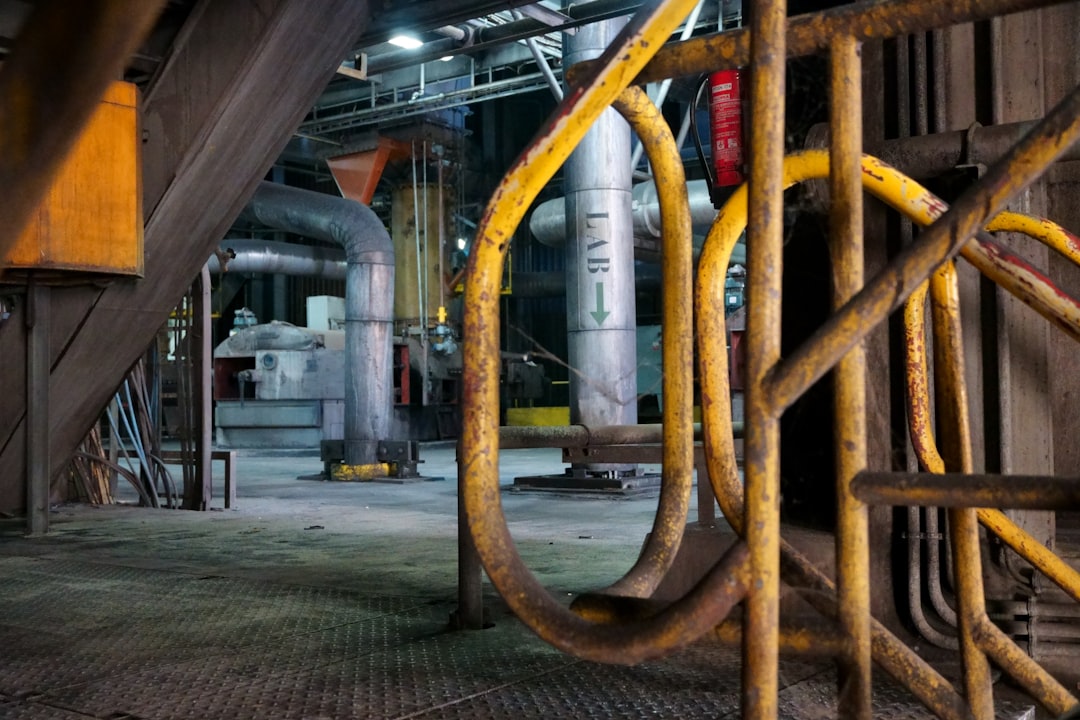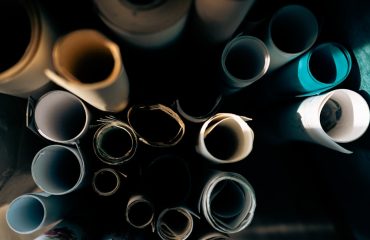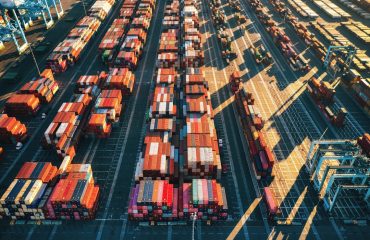Industrial pipes are the unsung heroes of manufacturing, silently transporting vital fluids and gases that fuel production processes. Choosing the right pipes is crucial for efficiency, safety, and longevity. This comprehensive guide delves into the key considerations for selecting the perfect industrial pipes for your manufacturing facility.
1. Material Selection: The Foundation of Durability
The choice of material for your industrial pipes is paramount. Different materials offer varying levels of strength, corrosion resistance, temperature tolerance, and cost-effectiveness. Common materials include:
- Carbon Steel: A versatile and cost-effective option suitable for a wide range of applications. However, it’s susceptible to corrosion, requiring protective coatings or galvanization in certain environments.
- Stainless Steel: Known for its exceptional corrosion resistance and high strength, stainless steel is ideal for handling corrosive chemicals and high-temperature applications. Different grades (like 304 and 316) offer varying levels of resistance.
- Cast Iron: Offers good strength and pressure resistance but is heavier and more brittle than steel. It’s often used in less demanding applications or for specific purposes like drainage.
- Copper: Excellent corrosion resistance and thermal conductivity make copper suitable for water and refrigerant lines. However, it’s softer and more expensive than steel.
- Plastic Pipes (PVC, CPVC, HDPE): Lightweight, corrosion-resistant, and cost-effective, plastic pipes are suitable for applications where chemical resistance is crucial. However, they may have lower temperature and pressure limitations compared to metal pipes.
The selection process should carefully consider the specific fluids being transported, the operating temperature and pressure, and the overall environmental conditions.
2. Pressure Ratings and Flow Capacity: Optimizing Performance
Industrial pipes are designed to withstand specific pressure levels. Understanding the pressure rating (often expressed in PSI or bar) is crucial to prevent leaks, bursts, and catastrophic failures. The required pressure rating depends on the application and the working pressure of the system. Incorrectly sized pipes can lead to reduced flow capacity, impacting production efficiency. Factors influencing flow capacity include pipe diameter, material, and the viscosity of the transported fluid. Careful hydraulic calculations are essential to ensure adequate flow rates and minimize pressure drops.
3. Safety Regulations and Compliance: Prioritizing Safety
Safety is paramount in any manufacturing environment. Industrial pipe systems must adhere to strict safety regulations and standards, varying by region and industry. These regulations often cover aspects like material selection, pressure testing, leak detection, and emergency shutdown procedures. Compliance with relevant codes and standards (such as ASME B31.1 or ASME B31.3) is not only essential for avoiding penalties but also for ensuring the safety of workers and preventing environmental damage. Regular inspections and maintenance are crucial to maintaining compliance and identifying potential issues before they escalate.
4. Installation and Maintenance: Ensuring Long-Term Reliability
Proper installation is crucial for the long-term reliability and safety of industrial pipe systems. This involves careful planning, skilled labor, and adherence to manufacturer’s instructions. Factors such as proper pipe support, correct jointing techniques, and accurate alignment are all vital for preventing leaks and ensuring the system’s integrity. Regular maintenance, including inspections for corrosion, leaks, and wear, is essential for preventing unexpected failures and extending the lifespan of the pipe system. A well-maintained system minimizes downtime, reduces repair costs, and ensures continuous production.
5. Cost Considerations and Lifecycle Analysis: Balancing Value and Performance
While upfront costs are a factor in pipe selection, a lifecycle analysis is crucial for making informed decisions. This involves considering factors like initial purchase cost, installation cost, maintenance cost, and the expected lifespan of the pipe system. While a cheaper material might seem attractive initially, its shorter lifespan and higher maintenance costs could outweigh the initial savings. A more expensive, durable material might offer significant long-term cost savings through reduced maintenance and extended operational life. Careful consideration of these factors is essential for optimizing the overall value and performance of the industrial pipe system.
Choosing the right industrial pipes is a critical decision with far-reaching consequences. By carefully considering material selection, pressure ratings, safety regulations, installation, and lifecycle costs, manufacturers can ensure the efficient, safe, and reliable operation of their facilities. Remember to consult with experienced engineers and suppliers to find the optimal solution for your specific needs.
SEO Tags:
- Industrial Pipes
- Manufacturing Pipes
- Industrial Pipe Selection
- Pipe Materials for Manufacturing
- Industrial Pipe Systems




